Healthy economies grow over time, so in economics terms, a ‘recession’ is a decline in economic activity.
In the UK the definition of a recession is: two consecutive quarters of negative economic growth. So if the economy gets smaller for 6 months in a row, that’s a recession.
Fun fact for your next pub quiz: US economist Julius Shiskin coined this definition of a recession in 1974.
What happens in a recession?
What usually happens in a recession is that a country’s GDP (Gross Domestic Product – which is used as a measure of how rich a country is) goes down. Unemployment goes up, manufacturing goes down and spending goes down. What that means is…fewer people in work and less general spending, which means less demand for goods and services so companies have less incentives to manufacture products.
What causes recessions?
Recessions can happen for a number of reasons. They can be caused by a sudden economic shock, like the recent Covid-19 outbreak in 2020. They can be caused when governments have too much debt, or when asset bubbles are created and burst (for example the housing bubble that popped in 2008 or the dot-com bubble of 2000). Too much inflation or too much deflation (like Japan faced in the 1990s) can cause recessions. And even new inventions and technological change can cause recessions.
Because global economies and supply chains are so closely linked these days, recessions can affect many countries all at the same time.
What does a recession mean for me?
A recession isn’t the same as a depression. These tend to be more severe and last longer. A depression can last for several years. A recession usually lasts for a few months or a year or two.
Interest rates are usually higher in a recession. This is great news for savers, as you’ll get more money in interest in your savings accounts. It’s bad news for borrowers, like anyone with a variable-rate mortgage or credit card debt, as it means your monthly repayments will increase.
Higher interest rates mean people are encouraged to save rather than borrow or spend. This means less money is circulating in the economy, which impacts individuals and businesses.
Because people spend less money on goods and services, businesses have less money coming in. So they tend to look at reducing their costs. This can mean laying off staff or hiring freezes, so unemployment is usually higher in a recession.
Stock prices tend to go down in a recession, so if you invest in the stock market, you might see the value of your investments decreasing.
Should I be worried if the UK economy is in recession?
Because economies have cycles of growth, recessions happen in cycles and are a normal part of any economy. Cast your mind back to 2008 and 2020 – this isn’t your first recession rodeo, and it won’t be your last. But the good thing is that recessions always come to an end.
The thing is we never know how long one will last. The Bank of England and other financial institutions have predicted that the UK will be in recession in 2023 and that it’ll last until mid-2024. But economic forecasts aren’t set in stone. So no one knows if this will happen or not, or how long it will last if it does.
The most important thing to remember is that recessions are a totally normal part of any economy. There are some things you can think about to prepare for any kind of recession, like paying down debt and making sure you have an emergency fund to fall back on.
Your emergency fund is typically 3 to 6 months of living expenses saved in a bank account that you can easily access – this will save you a lot of stress. You might also want to check and update your budget to make sure it still works for you. If you’ve been thinking about changing jobs, you might want to put that plan on hold for a bit, or be prepared for finding a new job to take longer than when the economy is growing.
In conclusion…
Recessions can be unpredictable, but we do know that they happen in cycles, so you’ll probably experience at least one in your lifetime. They’re never fun, but they do pass. Having an emergency fund and being aware of the money coming in and going out of your accounts (aka a budget) will go a long way to helping you weather the storm. All storms in time blow themselves out, and any recession will too.
